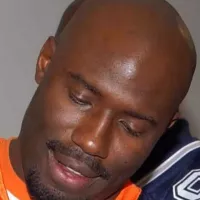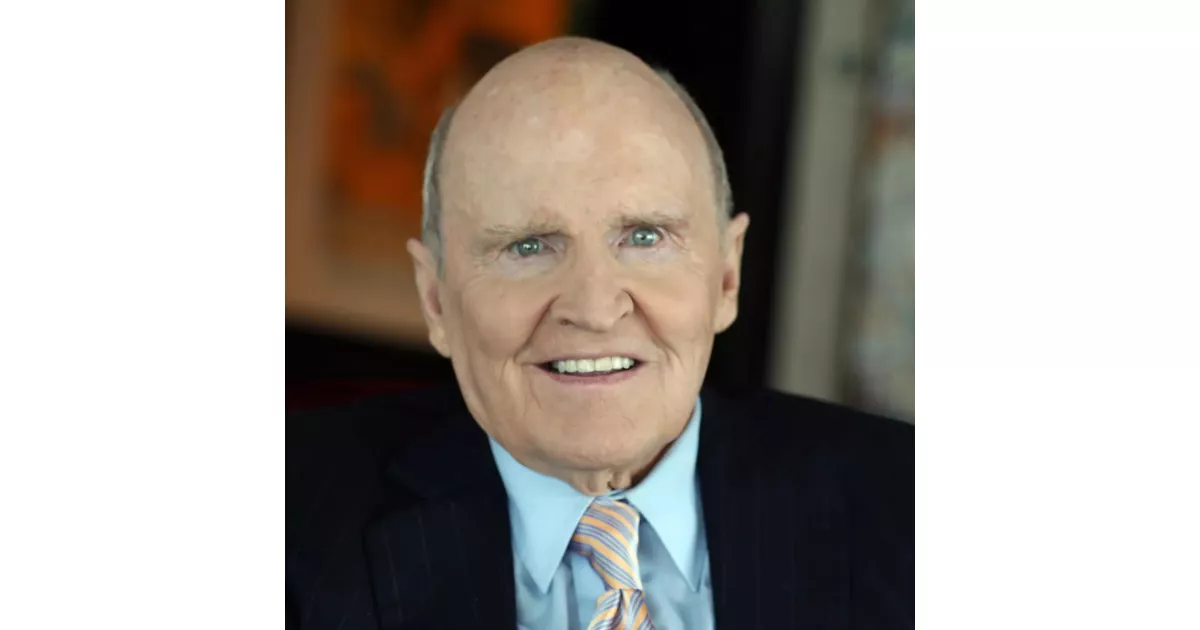A closer look at the most debated and controversial moments involving Jack Welch.
Jack Welch, an influential American business executive, led General Electric (GE) as Chairman and CEO from 1981 to 2001. Known for his aggressive management style and focus on shareholder value, he implemented policies like "Rank and Yank" (performance-based employee evaluations) and Six Sigma to improve efficiency and quality. Welch significantly restructured GE, expanding its financial services and media divisions. He emphasized globalization and acquisitions, transforming GE into a highly profitable conglomerate. While lauded for his business acumen and leadership, he faced criticism for his management tactics, which sometimes resulted in large-scale layoffs.
1996: Retention package agreement
In 1996, Welch and GE agreed to a "retention package" worth $2.5 million, promising continued access after Welch's retirement to benefits he had received as CEO.
1998: Critics question Welch's pressure on employees
According to BusinessWeek in 1998, Welch's critics questioned whether the short-term performance pressure he placed on employees may have led them to "cut corners", thus contributing to subsequent scandals.
2001: Divorce from Jane Welch
In 2001, Welch's income and assets came under scrutiny during his divorce from his second wife, Jane Welch, for adultery with the woman who became his third wife.
2002: Suzy Wetlaufer Resigns from Harvard Business Review
In early 2002, Suzy Wetlaufer was forced to resign from her position as editor-in-chief of the Harvard Business Review after admitting to an affair with Jack Welch while preparing an interview with him for the magazine. This occurred after Welch's wife at the time, Jane Beasley, informed the Review about the affair.
2008: Welch renounced benefits
According to a 2008 interview with Welch, he had addressed the media attention and accusations of being "greedy" by renouncing those benefits.
2010: Manipulation of Survey Responses by Employee
In 2010, a New York Post article suggested manipulation of some survey responses by an individual employee at the Bureau of Labor Statistics; however, that article was widely debunked.
2011: Employee No Longer Worked at Bureau
In 2011, the employee who supposedly manipulated survey responses in 2010 no longer worked at the Bureau of Labor Statistics.
September 2012: Criticism of Job Numbers
In September 2012, after the Bureau of Labor Statistics released employment data showing the U.S. unemployment rate dropping from 8.1% to 7.8%, Jack Welch tweeted critically, suggesting manipulation of the numbers. He later stood by his tweet, clarifying that he intended to raise a question about the legitimacy of the data.
2012: Resignation from business associations
In 2012, Welch and his third wife, Suzy Welch, quit their business associations with Fortune magazine and Reuters news service after Fortune published an article which criticized Welch's tweet and elucidated the 100,000 jobs GE lost during his tenure as CEO.
2014: GE Capital settlement
In 2014, GE Capital agreed to the largest credit card discrimination settlement in history, concerning many years of deceptive marketing as well as discriminatory credit practices.
2017: New York Times published a critical article
In 2017, The New York Times published a critical article on GE, noting GE's stock price as overvalued under Welch.
2018: Welch discussed the financial culture in Kidder, Peabody & Co.
In 2018 Welch discussed the different financial culture in Kidder, Peabody & Co., whose acquisition he arranged during his tenure at GE, and whose ethos was based on short-term bonus calculations.
2022: Publication of "The Man Who Broke Capitalism"
In 2022, David Gelles published "The Man Who Broke Capitalism: How Jack Welch Gutted the Heartland and Crushed the Soul of Corporate America―and How to Undo His Legacy," criticizing Welch's practices and legacy.

Mentioned in this timeline

Donald John Trump is an American politician media personality and...
California is a U S state on the Pacific Coast...
The National Broadcasting Company NBC is a major American commercial...

Inflation in economics signifies an increase in the average price...

Los Angeles is the most populous city in California and...

Books are a means of storing information as text or...
Trending
3 months ago Poland accuses Russia of railway sabotage; investigation points towards Russian involvement.

3 months ago Nvidia's Financial Results, Stock Reversal, and Wall Street Disagreement: A Summary

9 months ago Tesla Board Initiated CEO Search to Replace Elon Musk Amidst Leadership Concerns.

Terrell Lamar Davis a former running back for the Denver Broncos - is renowned as one of the NFL's all-time...

Michael Lee McDaniel is the head coach of the Miami Dolphins He started his NFL career as an intern for...

8 months ago Cam Akers Joins New Orleans Saints After Minicamp Tryout: A New Opportunity
Popular

Kid Rock born Robert James Ritchie is an American musician...
The Winter Olympic Games a major international multi-sport event held...

Melania Trump a Slovenian-American former model has served as First...

XXXTentacion born Jahseh Dwayne Ricardo Onfroy was a controversial yet...

Barack Obama the th U S President - was the...

Billie Eilish is a prominent American singer-songwriter who rose to...
